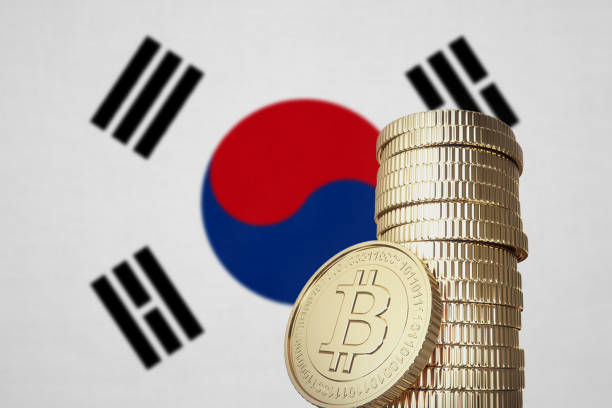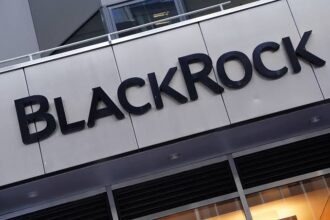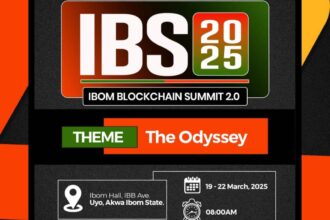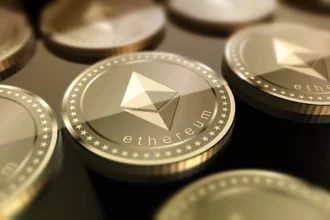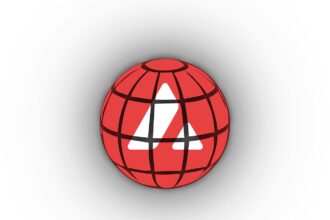Crypto and blockchain adoption has continued to intensify in South Korea as the second-largest city in the country — Busan — sets out to launch a public blockchain network and digital asset exchange.
Per a Thursday disclosure, Busan has embarked on two revolutionary projects that would turn it into a blockchain city. These forthcoming positive developments would further set South Korea apart in terms of crypto and blockchain adoption.
Busan Blockchain Development
The second-largest city in South Korea, Busan has begun the development of a public blockchain. The primary aim is to tokenize products traded through the Port of Busan to enhance transparent trading.
While the initial commodities to be tokenized on the upcoming blockchain include gold, silver, copper and oil, the report added that global intellectual property (IP) rights and carbon emissions rights would be tokenized in the future.
Said differently, the authorities aim to provide blockchain-based services to its over 3.6 million residents, using a single blockchain network. Notably, the popular South Korean city has been utilizing different blockchain networks to offer services.
Thus, the city embarked on the development of its public blockchain network — that could become a national blockchain standard — to improve user experience and streamline operations. The public blockchain mainnet is designed to be compatible with popular blockchain networks such as Ethereum and Cosmos.
Spearheaded by the Busan Digital Asset Exchange Establishment Promotion Plan and Future Schedule Plan, the team received $75 million in funding from Busan authorities. The team has also enlisted the support of the Blockchain Innovation Fund (BIF).
Busan’s Upcoming Digital Asset Exchange
Beyond the development of a public blockchain for the tokenization of products, the South Korean metropolis is gearing up to launch its digital asset exchange. The Busan Digital Asset Exchange is expected to be launched in November 2023.
However, full-scale exchange operations are targeted for the first half of 2024 per the report. Notably, the trading platform will only support blockchain-based transactions of ‘products’ such as precious metals or raw materials in its early days. The exchange will not facilitate digital assets or securities token trading initially.


